Teaching Textbooks
Teaching Textbooks was founded by Greg Sabouri, motivated by a vision to create a math program that would lift the burden of math education from parents. This commitment to making math accessible and reducing stress for homeschooling families was born from the challenges he observed within the homeschooling community, especially in teaching subjects like math that often require specialized knowledge to teach effectively. Greg's background in education and his direct involvement with the homeschooling community positioned him to identify these unique challenges and address them through a specialized curriculum (The Smiling Homeschooler).
Differentiation: Unique Features of Teaching Textbooks
Teaching Textbooks sets itself apart with its comprehensive digital tools that support both students and parents. It offers automatic grading, progress tracking, and interactive aids like the in-lesson Scratch Pad and on-screen keyboard. Its courses are known for their engaging audio/visual lessons and accessibility on various devices, which help accommodate different learning environments—from home to road trips—ensuring flexibility in education. Additionally, the inclusion of a tutor helpline for extra support highlights its commitment to student success (Teaching Textbooks) (The Smarter Learning Guide).
Teaching Textbooks for Special Needs
Teaching Textbooks is a versatile and supportive math curriculum that caters well to various special needs. Here’s a closer look at how it can be beneficial for specific conditions:
1. Attention Deficit Hyperactivity Disorder (ADHD)
Engagement through Interactivity: The multimedia content, including video lectures and interactive exercises, helps maintain the attention of students with ADHD, making lessons more engaging than traditional text-based instruction (How Do I Homeschool?) (Homeschool of 1).
Self-Paced Learning: Students can work through lessons at their own pace, allowing them to spend more time on challenging topics without feeling rushed (How Do I Homeschool?).
2. Dyslexia
Audio/Visual Support: The program’s reliance on audio and visual elements helps students with dyslexia better understand math concepts, bypassing some of the difficulties they might encounter with reading-heavy materials (The Smarter Learning Guide).
Step-by-Step Instructions: The clear, step-by-step video tutorials are beneficial for students who struggle with processing written instructions, providing a more accessible learning pathway (Homeschool Hideout).
3. Autism Spectrum Disorder (ASD)
Consistency and Routine: Teaching Textbooks provides a consistent structure and routine, which can be very comforting and effective for students on the autism spectrum. The predictable format helps reduce anxiety and increases focus (TheHomeSchoolMom).
Minimal Distractions: The digital interface is designed to minimize distractions, creating a focused learning environment which is crucial for students with ASD (Teaching Textbooks).
4. Learning Disabilities
Customizable Pace: Students with learning disabilities can benefit from the ability to revisit lessons and practice problems multiple times, ensuring they grasp foundational concepts before moving on (Homeschool Hideout).
Instant Feedback: Immediate grading and feedback help students understand mistakes in real-time, reinforcing learning through timely corrections (Homeschool Hideout).
5. Anxiety Disorders
Supportive Learning Environment: The automated grading and lack of pressure from constant human evaluation can help reduce anxiety, making learning math a less stressful experience (The Smarter Learning Guide).
Built-In Support: Features like the tutor helpline provide additional support when students are stuck, without the intimidation of face-to-face interaction (Homeschool Hideout).
How to Get Started
To begin using Teaching Textbooks, parents need to set up an account on their website, select the appropriate grade level, and start with a free trial to test the curriculum's compatibility with their child's learning needs. The setup is user-friendly, designed to transition seamlessly from trial to paid service, retaining all grades and progress made during the trial period (How Do I Homeschool?).
How It Works
Teaching Textbooks is structured around daily lessons that are designed to be completed independently by the student, requiring minimal parental supervision. Each lesson includes a video lecture, followed by practice problems that are automatically graded. The program is flexible, suggesting 3-5 days of math per week, depending on the child's pace and family schedule. This structure supports a balance of guided learning and independent practice, with additional resources like printable worksheets and offline capabilities for on-the-go learning (Teaching Textbooks) (Homeschool Hideout).
Educational Subjects Covered
Teaching Textbooks covers a broad range of math topics across grade levels:
Basic arithmetic
Algebra
Geometry
Pre-Calculus
Statistics and probability These subjects are divided into lessons that build progressively, ensuring comprehensive coverage and mastery of material (Homeschool of 1).
What’s Good About It
Users often praise Teaching Textbooks for its engaging, multimedia approach that helps demystify complex math topics and fosters an enjoyable learning experience. The program's automatic grading and progress reports are particularly appreciated by parents, as they minimize the need for direct oversight and make it easier to track their child's progress. The ability to use the program across various devices and offline enhances its practicality for families on the move (Teaching Textbooks) (Homeschool Hideout).
What Could Be Improved
Some users have noted that while Teaching Textbooks does an excellent job at facilitating learning, its depth in covering complex mathematical concepts might not be sufficient for students seeking more rigorous academic challenges. The program is also noted to be somewhat slower in pace, which could be a limitation for advanced learners. Moreover, the motivational tools like stickers might not appeal to older students, potentially affecting engagement levels (The Smarter Learning Guide) (TheHomeSchoolMom).
Advice from Parents
Parents recommend taking full advantage of the program's features like the tutor helpline and the flexibility to pause and resume the curriculum to align with family schedules. They suggest integrating real-world math problems to complement the curriculum and reinforce practical application, thereby enhancing the learning experience and ensuring that students not only complete their lessons but truly understand and can apply the concepts learned (Homeschool Hideout) (TheHomeSchoolMom).
Ideal and Non-Ideal Fits
Teaching Textbooks is ideal for families new to homeschooling or those who prefer a more guided approach to math education. It suits students who thrive with structured, interactive learning sessions and benefit from the spiral learning approach, which revisits topics for reinforcement. However, it may not be suitable for families seeking a highly challenging or accelerated math curriculum, or for students who need a curriculum that delves deeply into advanced mathematical theories (The Smarter Learning Guide).
Grades and Cost
Teaching Textbooks is designed for students in grades 3 through 12. The cost varies by grade level, generally ranging from $43.08 to $67.08 per course, per year. This pricing structure includes access to all the digital tools, video lessons, and customer support (How Do I Homeschool?).
Ways to Get It
Teaching Textbooks can be purchased directly from their website, where parents can also access free trials to evaluate the program before committing to a purchase. This direct approach ensures that all features and updates are immediately available to users (Teaching Textbooks).
Affiliate Disclaimer: Some links on our site are affiliate links, which means Modulo may earn a small commission if you purchase through them (at no cost to you). Rest assured, we only recommend resources we’ve rigorously vetted and truly love—affiliate link or not. Thank you so much for supporting our work!

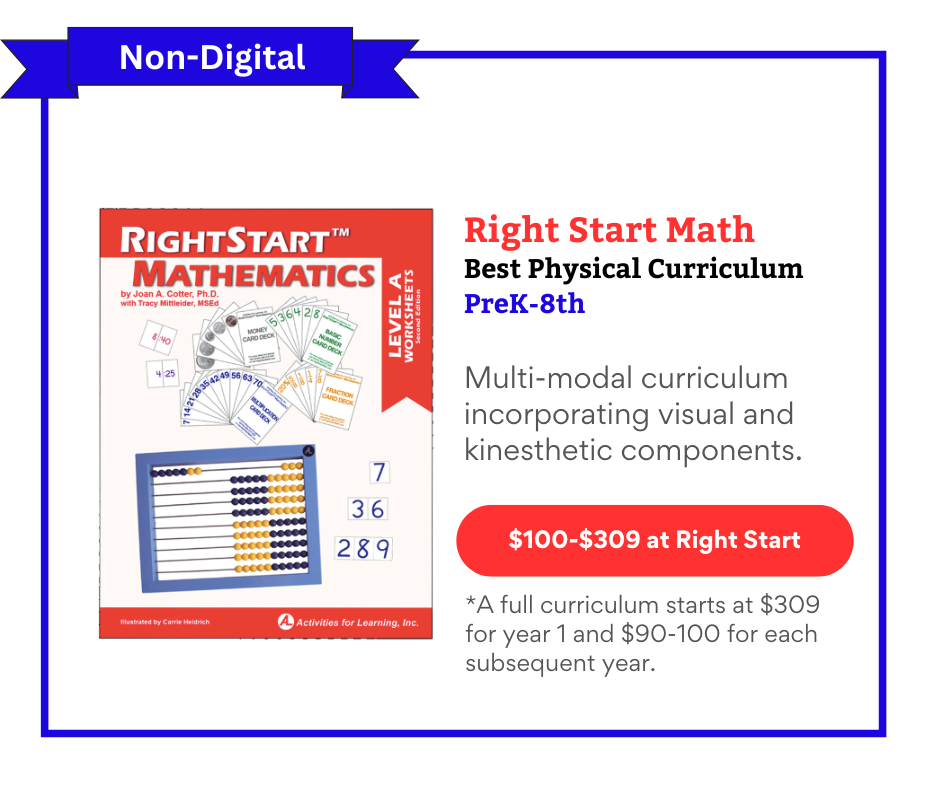


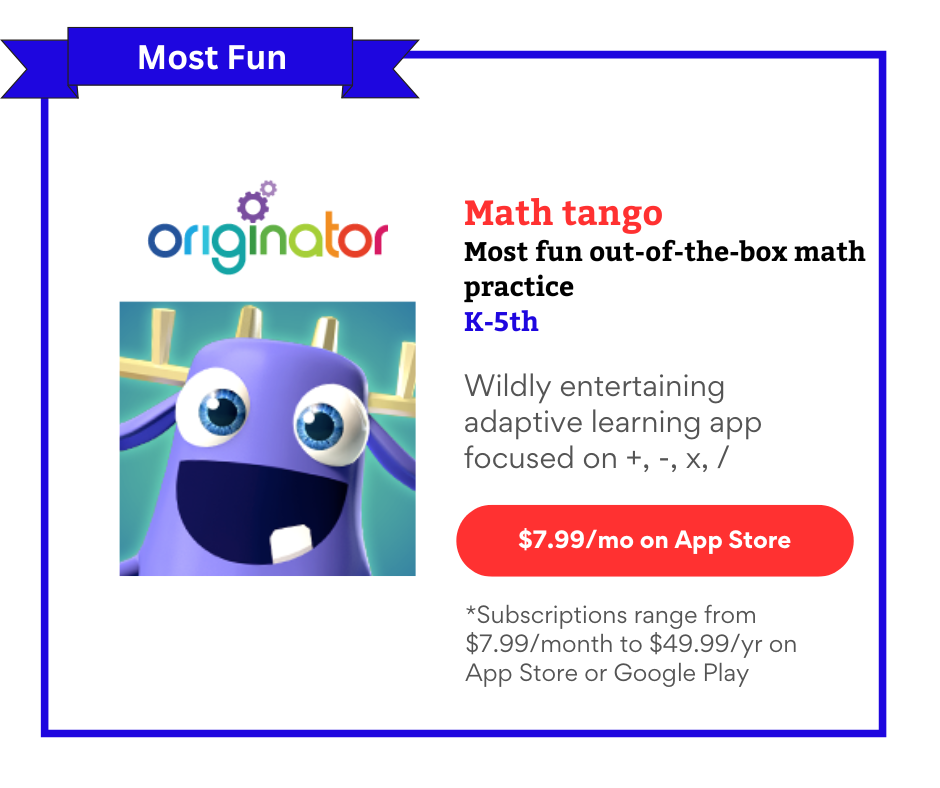
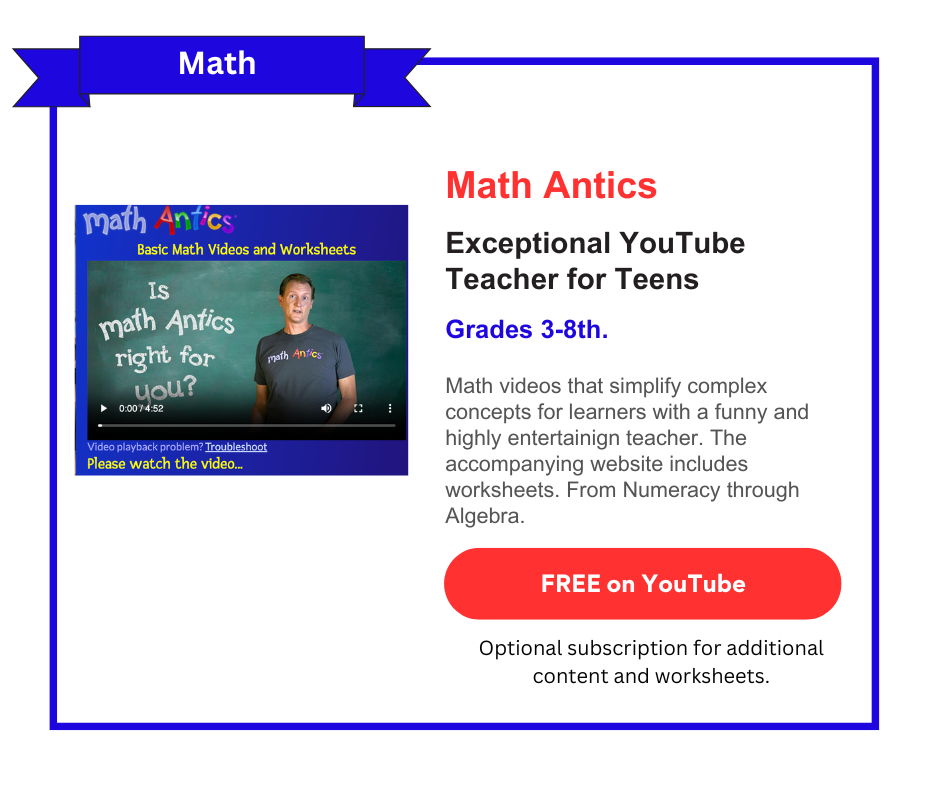
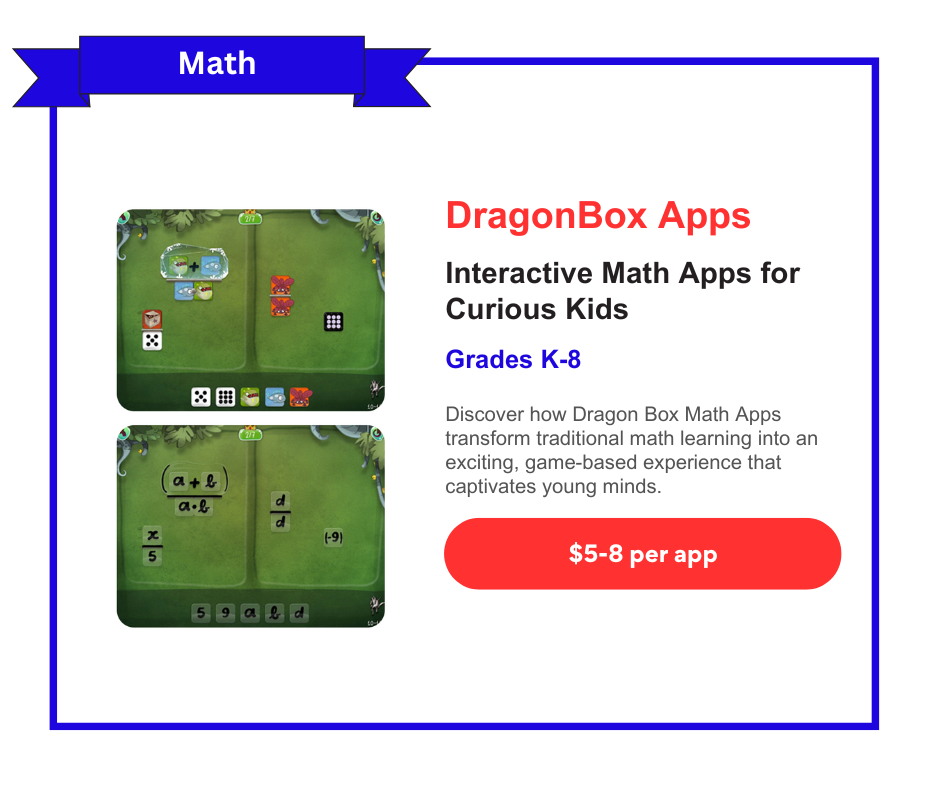
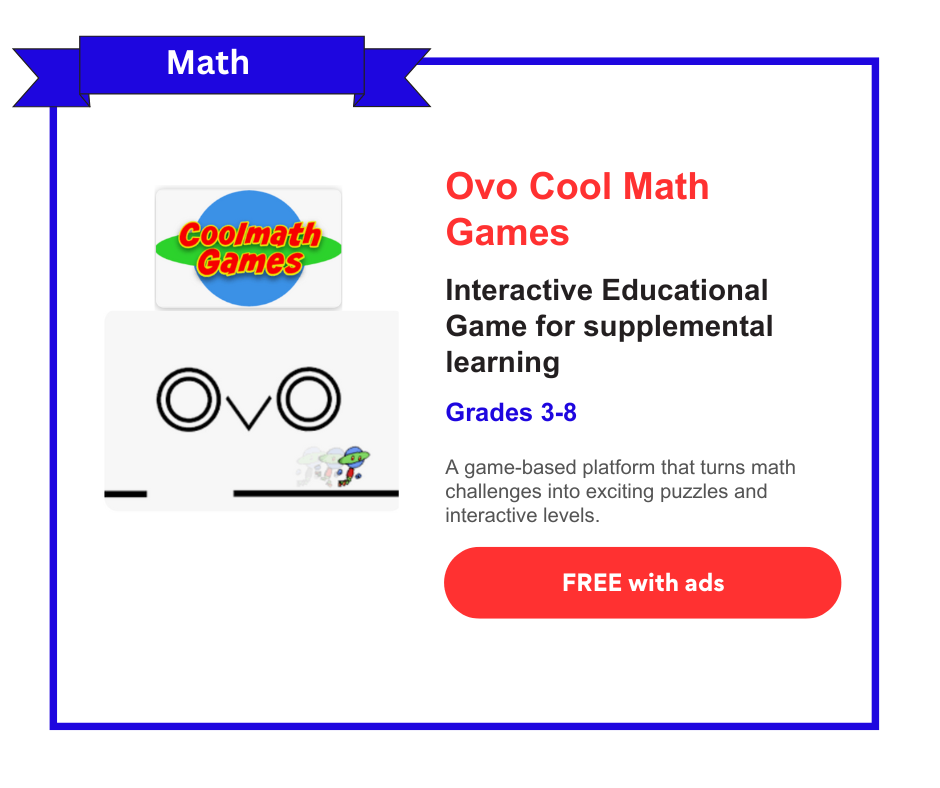
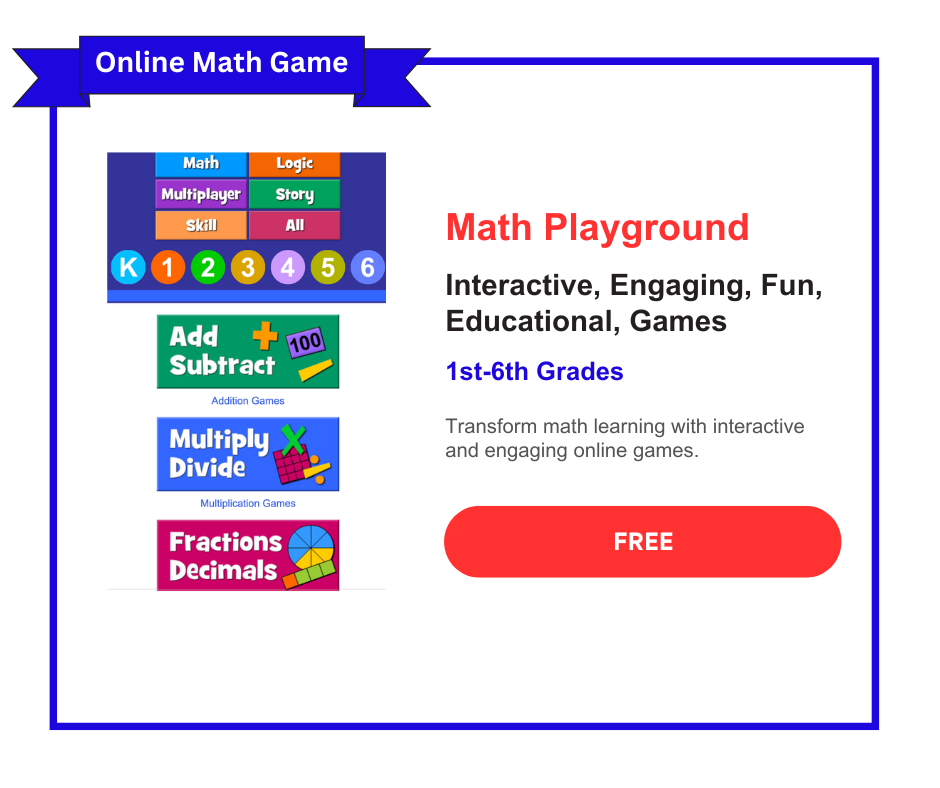

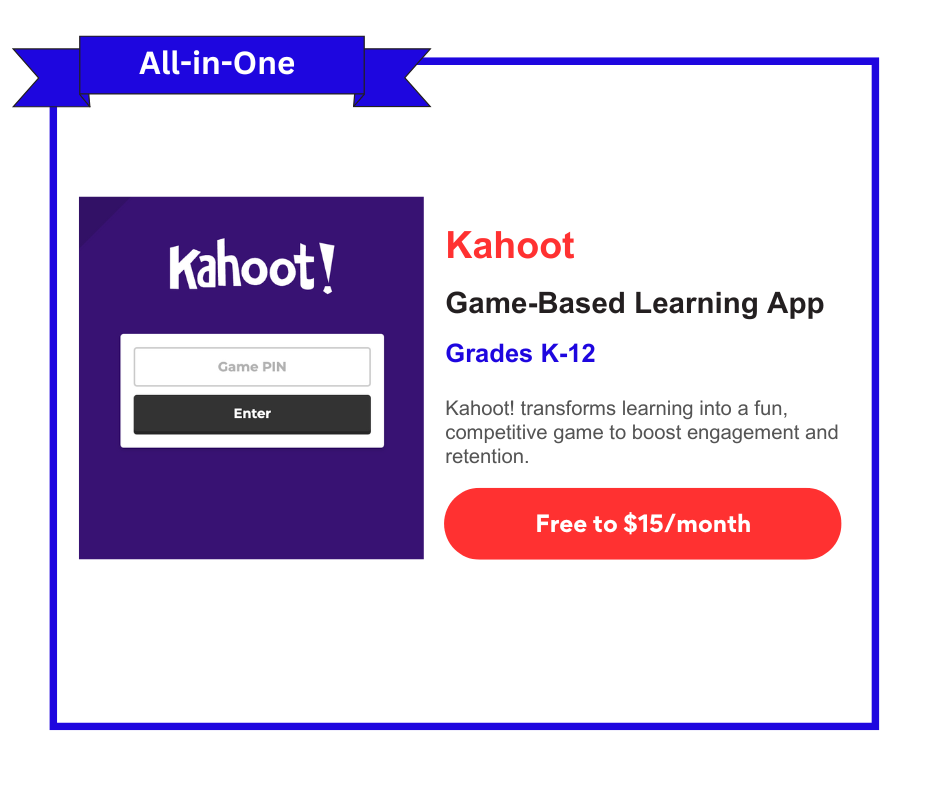
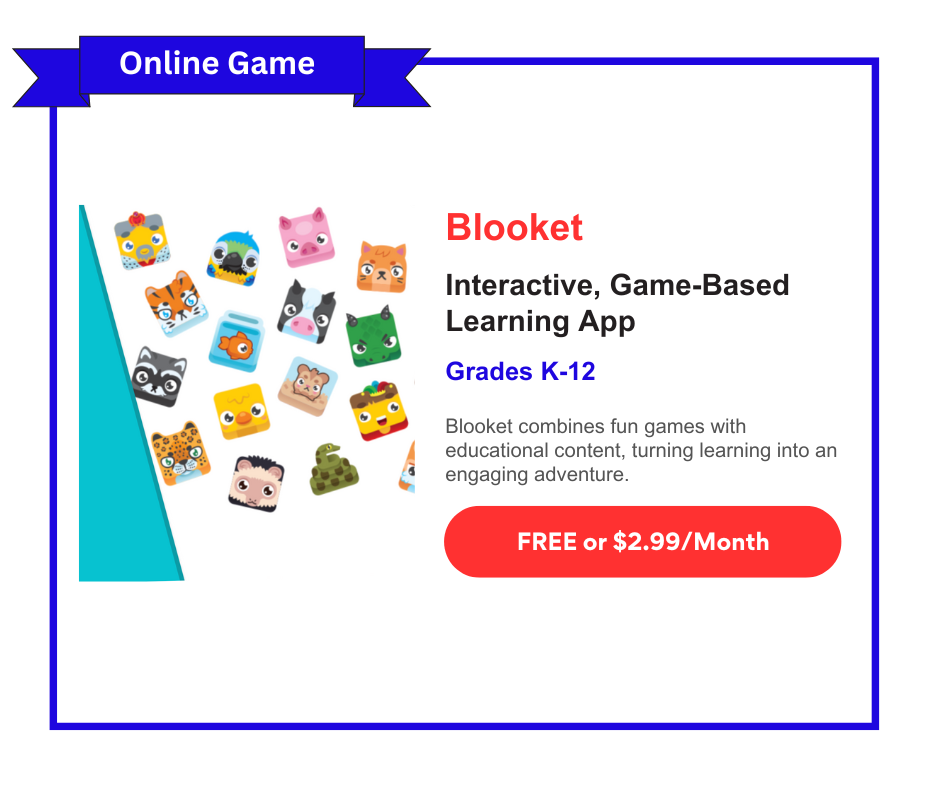
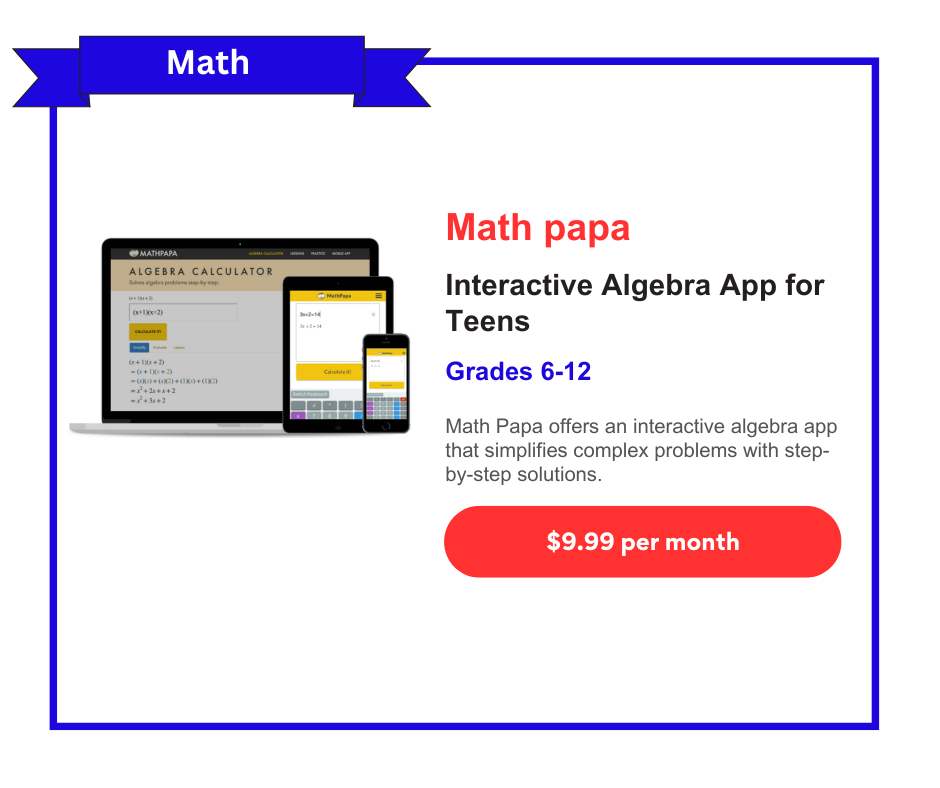
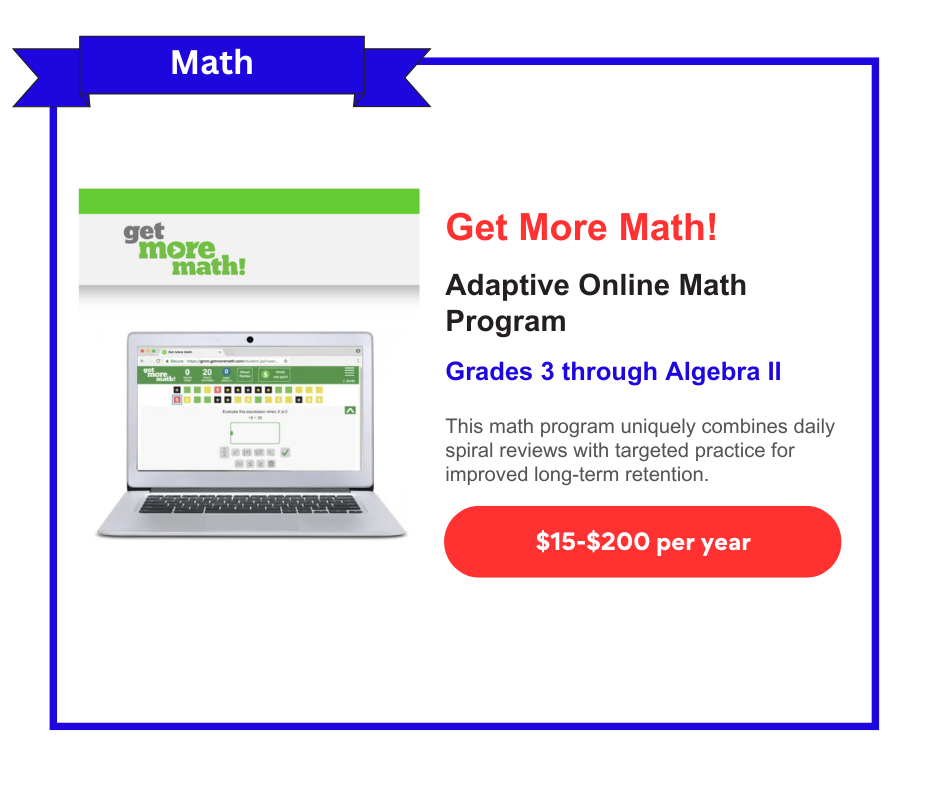
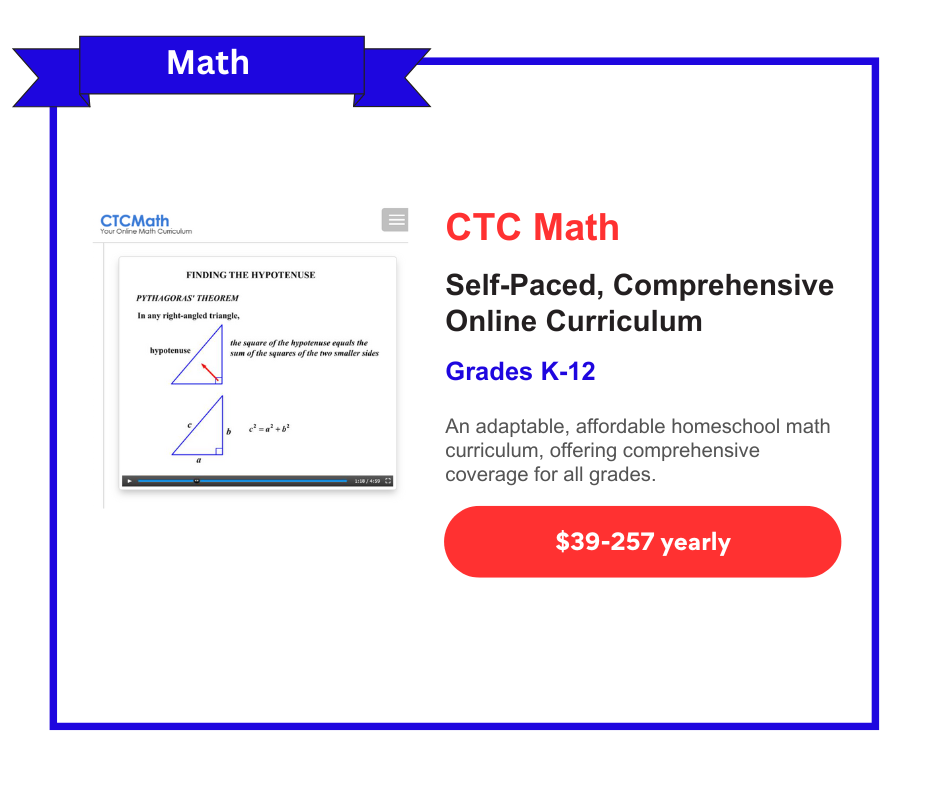
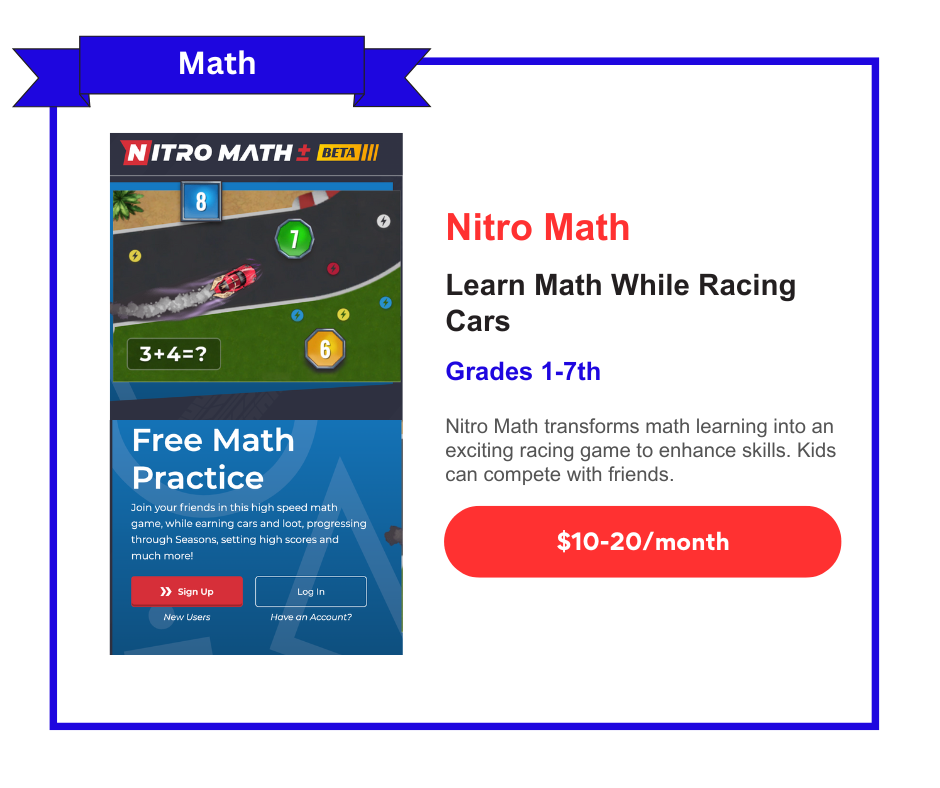
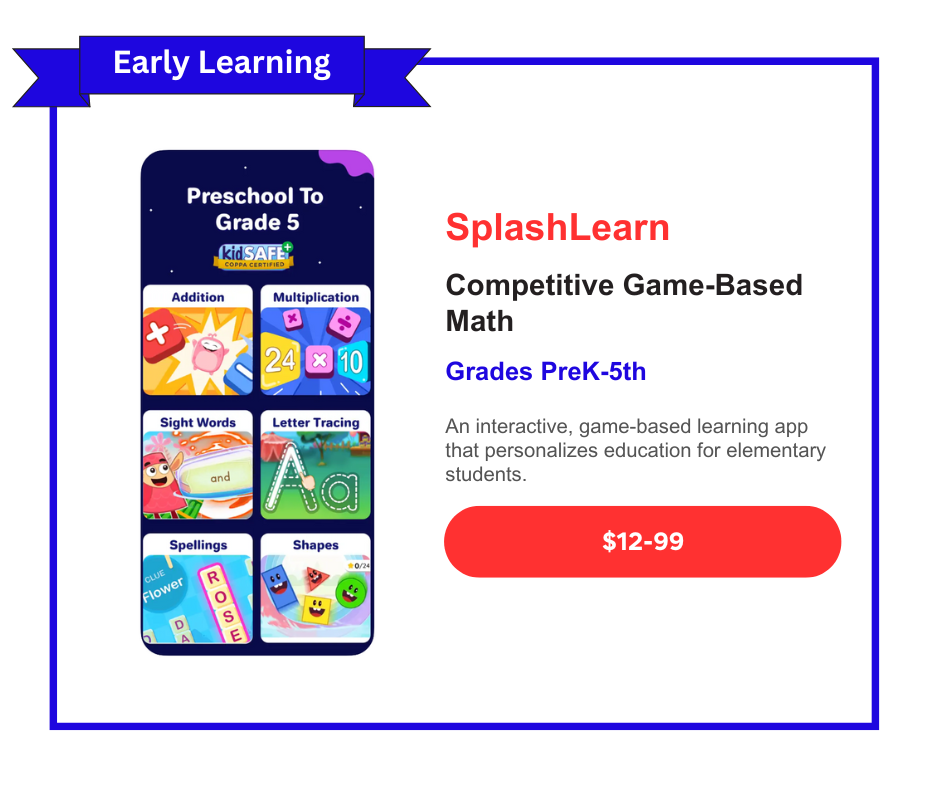
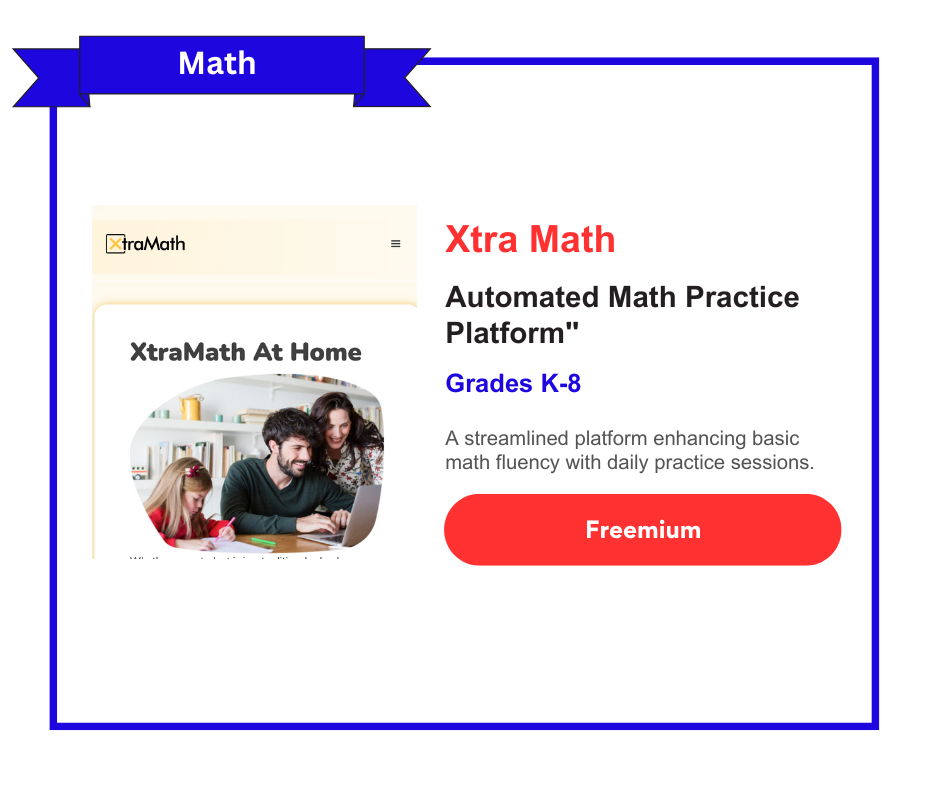
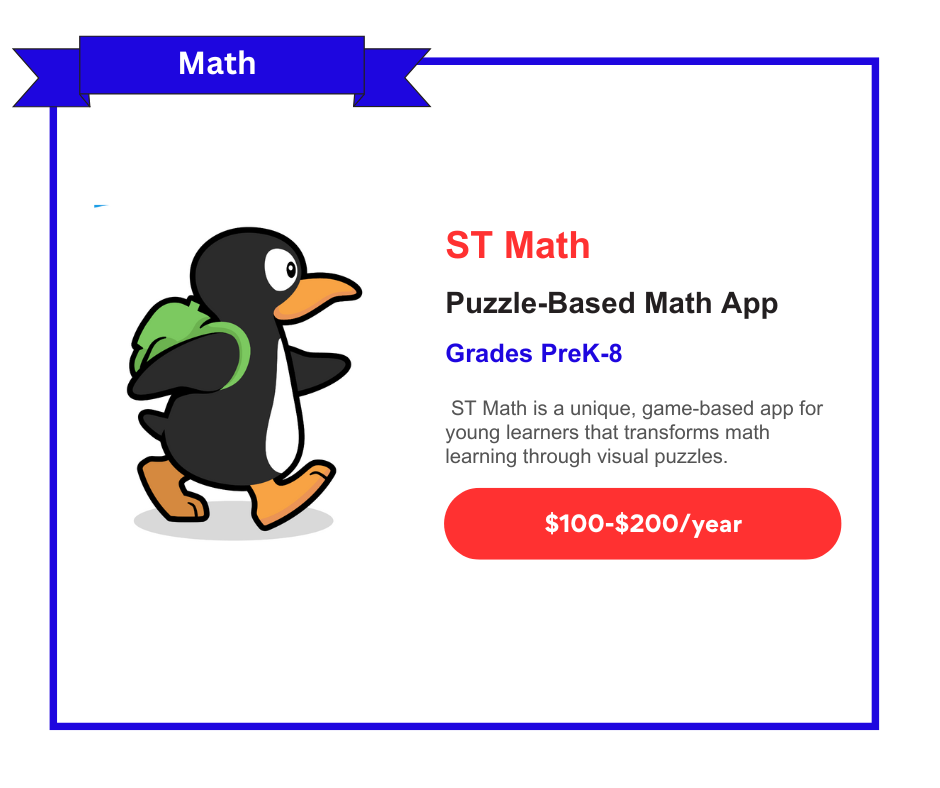
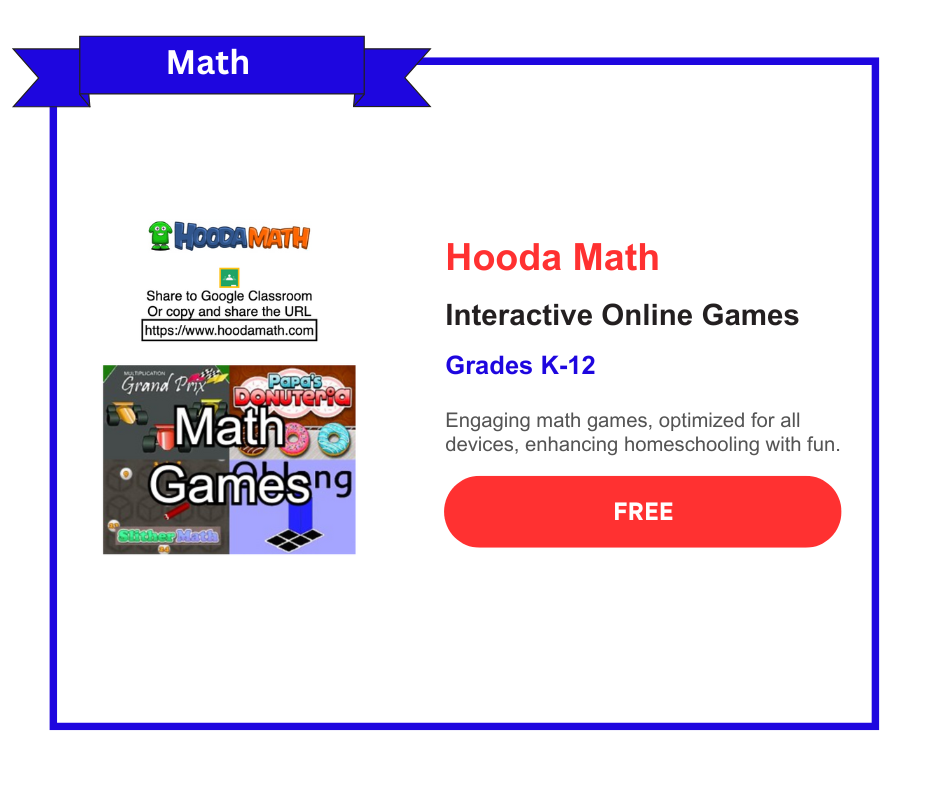
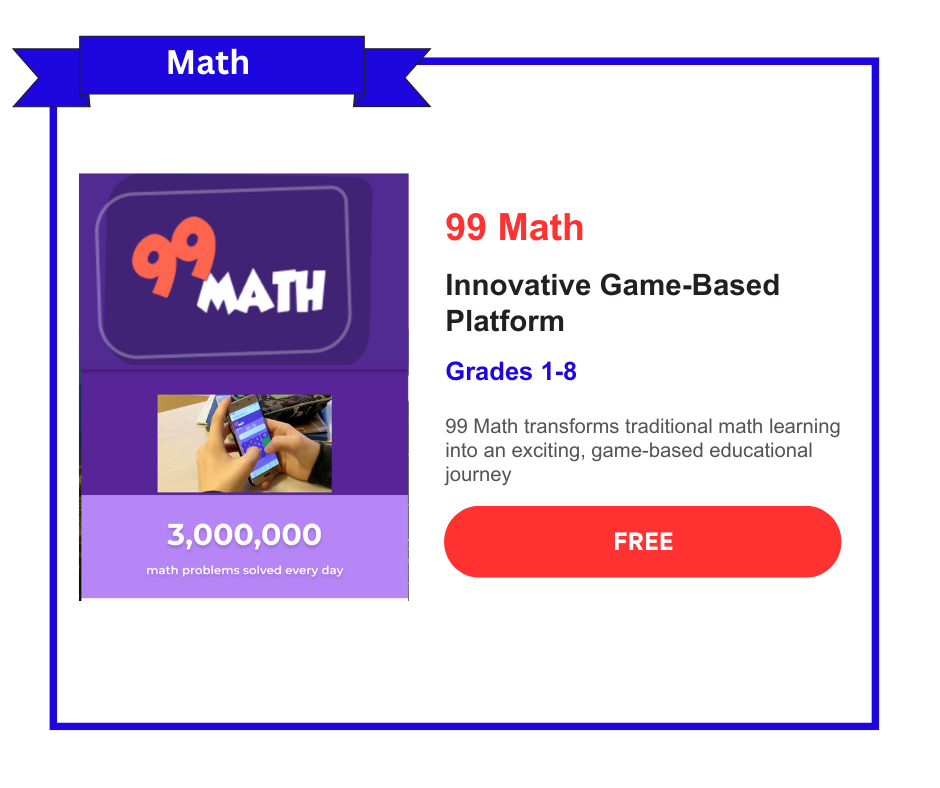
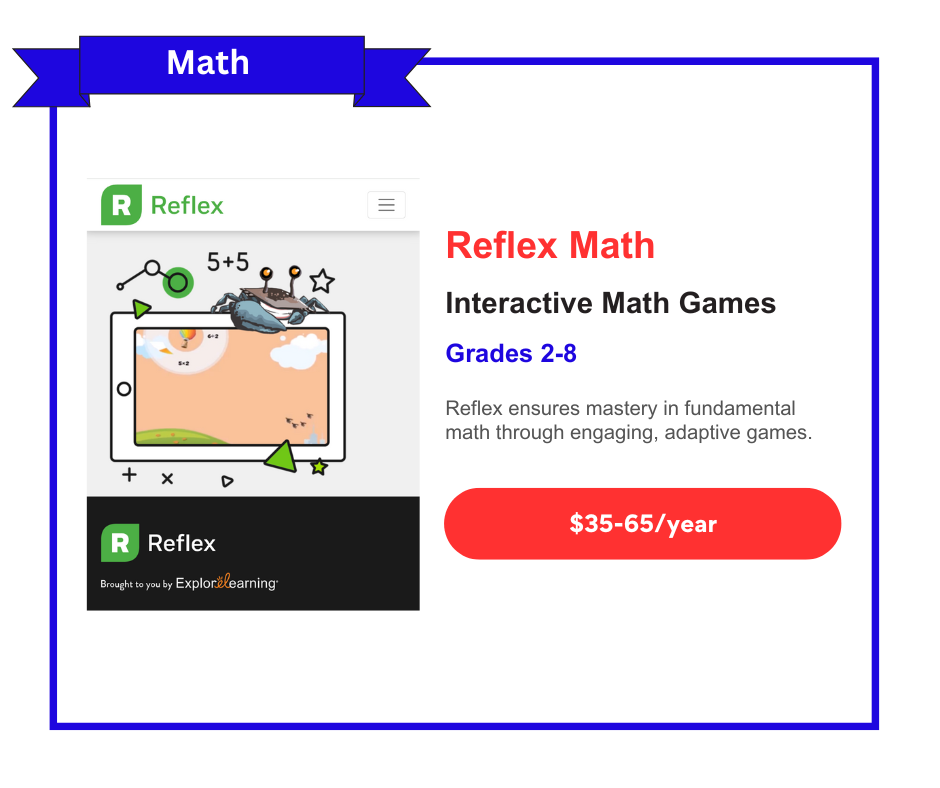

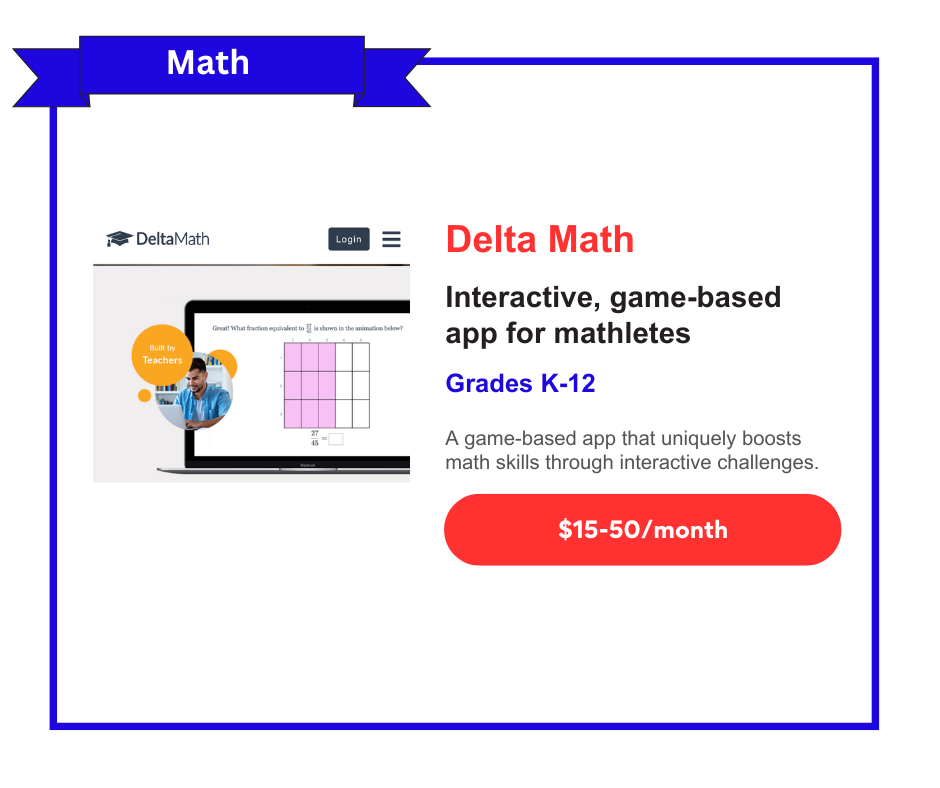
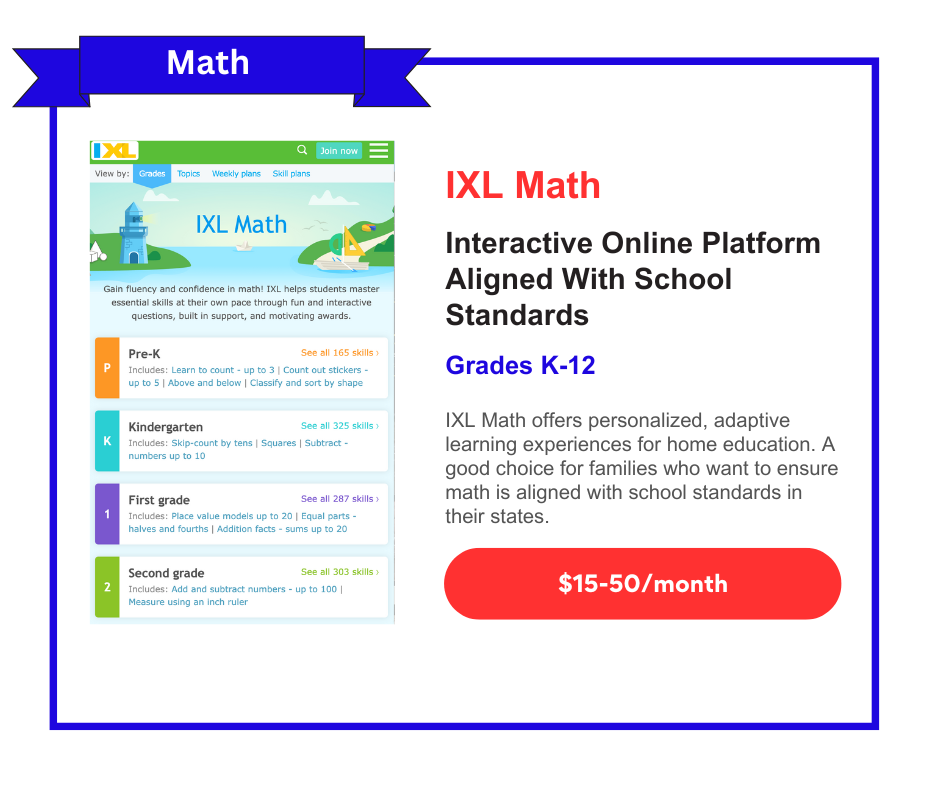
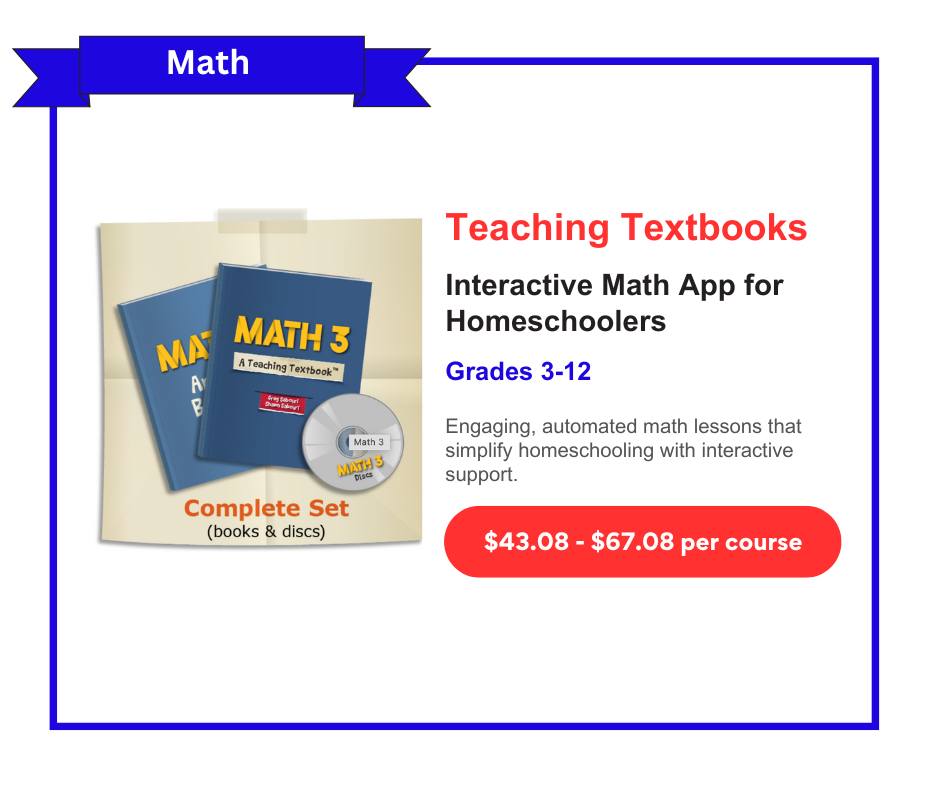
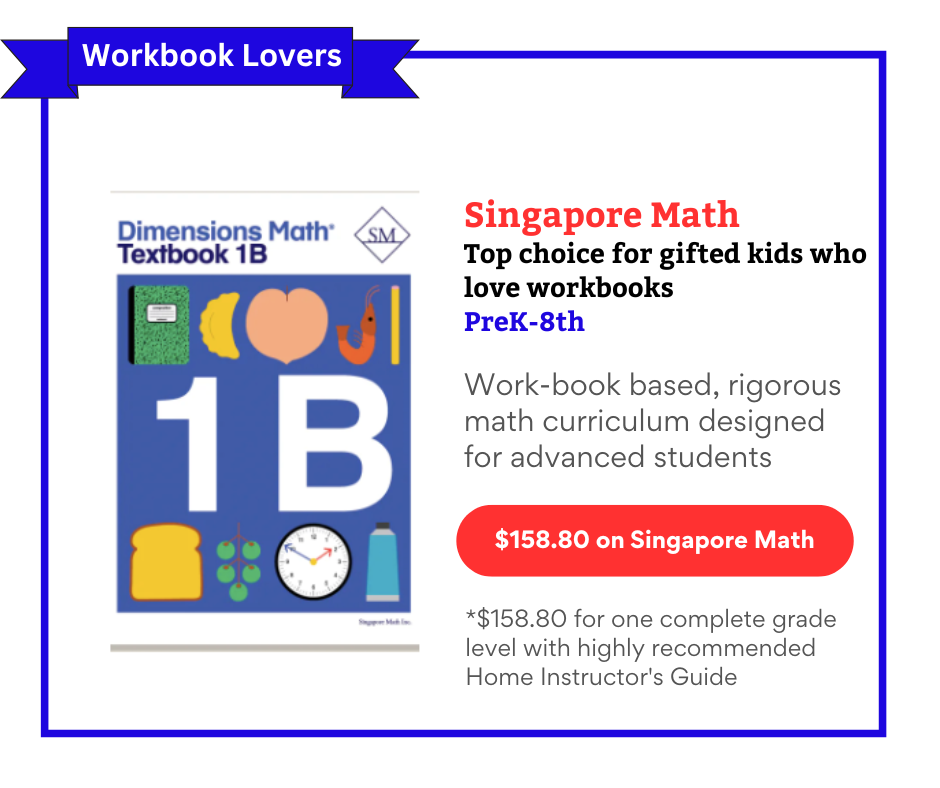
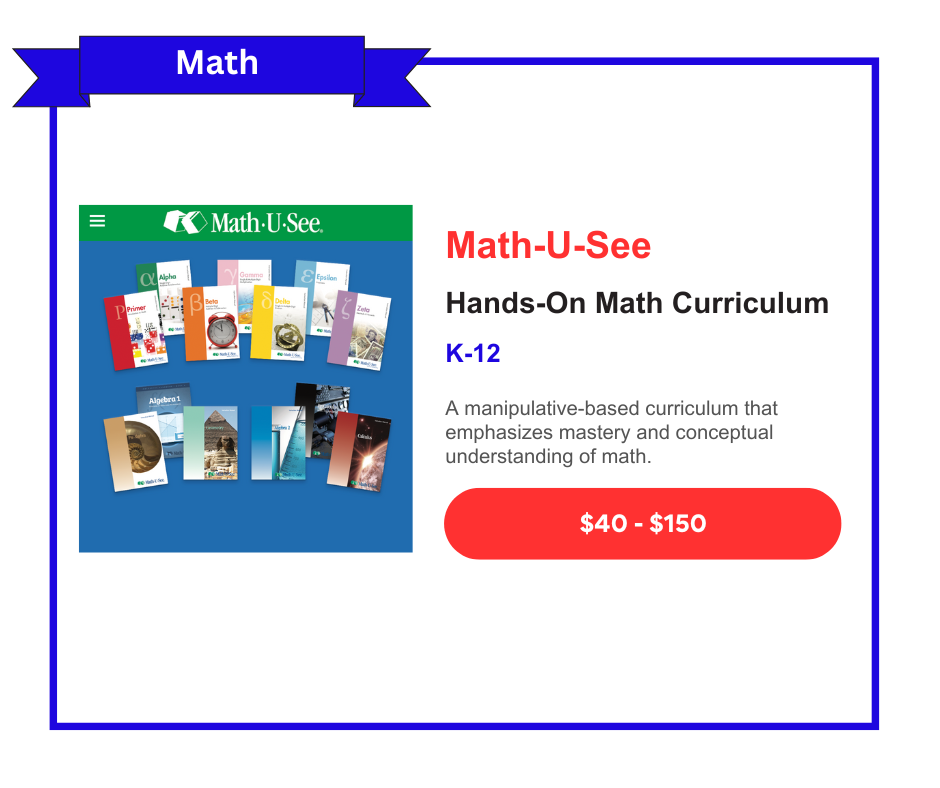

Explore real parents' experiences with Prodigy the Game as a learning tool for their children. Discover the pros, cons, and key tips for utilizing this engaging, game-based math platform effectively. Learn who it's best suited for and how to maximize its educational benefits.